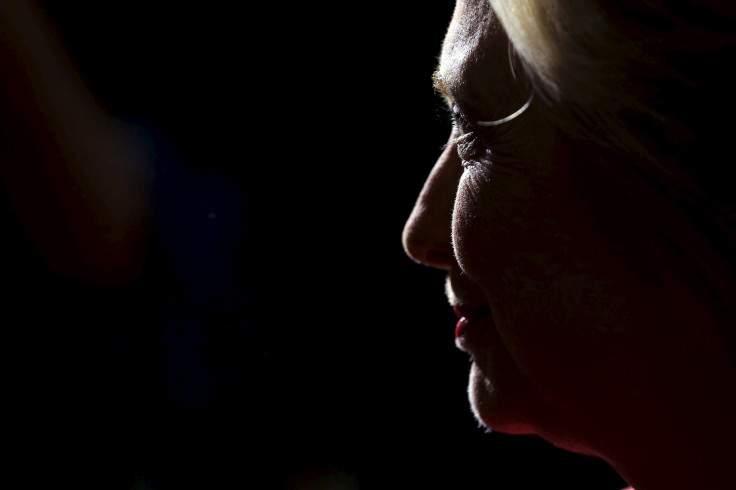Hillary Clinton To Unveil Campaign Finance Reform Proposals

Democratic presidential hopeful Hillary Clinton is set to unveil a set of campaign finance reform measures Tuesday that would limit political donations from corporations and large donors, despite criticism of her own campaign’s sources of funding.
Clinton had already expressed support for a proposed constitutional amendment that would overturn the Supreme Court’s 2010 Citizens United v FEC decision, which opened the way for unlimited donations from corporations, unions and wealthy individuals in the form of so-called super PACs.
Among her new plans are laws to close loopholes that allow outside groups to spend millions of dollars on political groups and candidates in secret, rules that would push for disclosure of all political spending from federal government contractors, and urge the Securities and Exchange Commission to monitor and disclose the political spending of publicly traded companies, proposals to nominate Supreme Court justices who "value the right to vote over the right of billionaires to buy elections," and create a taxpayer-funded pool that would match small donations to political campaigns.
"We have to end the flood of secret, unaccountable money that is distorting our elections, corrupting our political system, and drowning out the voices of too many everyday Americans," Clinton’s campaign said in a statement, according to the Huffington Post.
"Our democracy should be about expanding the franchise, not charging an entrance fee. It starts with overturning the Supreme Court’s Citizens United decision, and continues with structural reform to our campaign finance system so there’s real sunshine and increased participation.”
Clinton has consistently railed against the Citizens United decision as well as other measures which allow large amounts of money to be secretly donated to political parties and candidates. Democratic rival and Vermont Senator Bernie Sanders has also taken a similar stance.
Clinton’s campaign has raised the most funds of any candidate in the presidential race in the second quarter, coming in at $47.5 million. Progressive groups within the Democratic Party have frequently questioned her links to Wall Street finance firms, as well as donations to her campaign from Priorities USA Action, a super PAC that raised $15.6 million for her campaign in the first half of 2015. Questions have also been raised over a donation from Ready for Hillary, another super PAC backed by Berkshire Hathaway chairman and CEO Warren Buffett.
Clinton remains the frontrunner for the Democratic presidential nomination, scoring 46 percent against Sanders’ 24 percent in a poll released earlier this month by Reuters/IPSOS. However, another NBC News/Marist poll from this month found that the socialist candidate had taken a nine-point lead over Clinton in New Hampshire, and was catching up to her in Iowa, where her lead over Sanders shrank from 24 points in July to 11 points in September.
© Copyright IBTimes 2024. All rights reserved.











